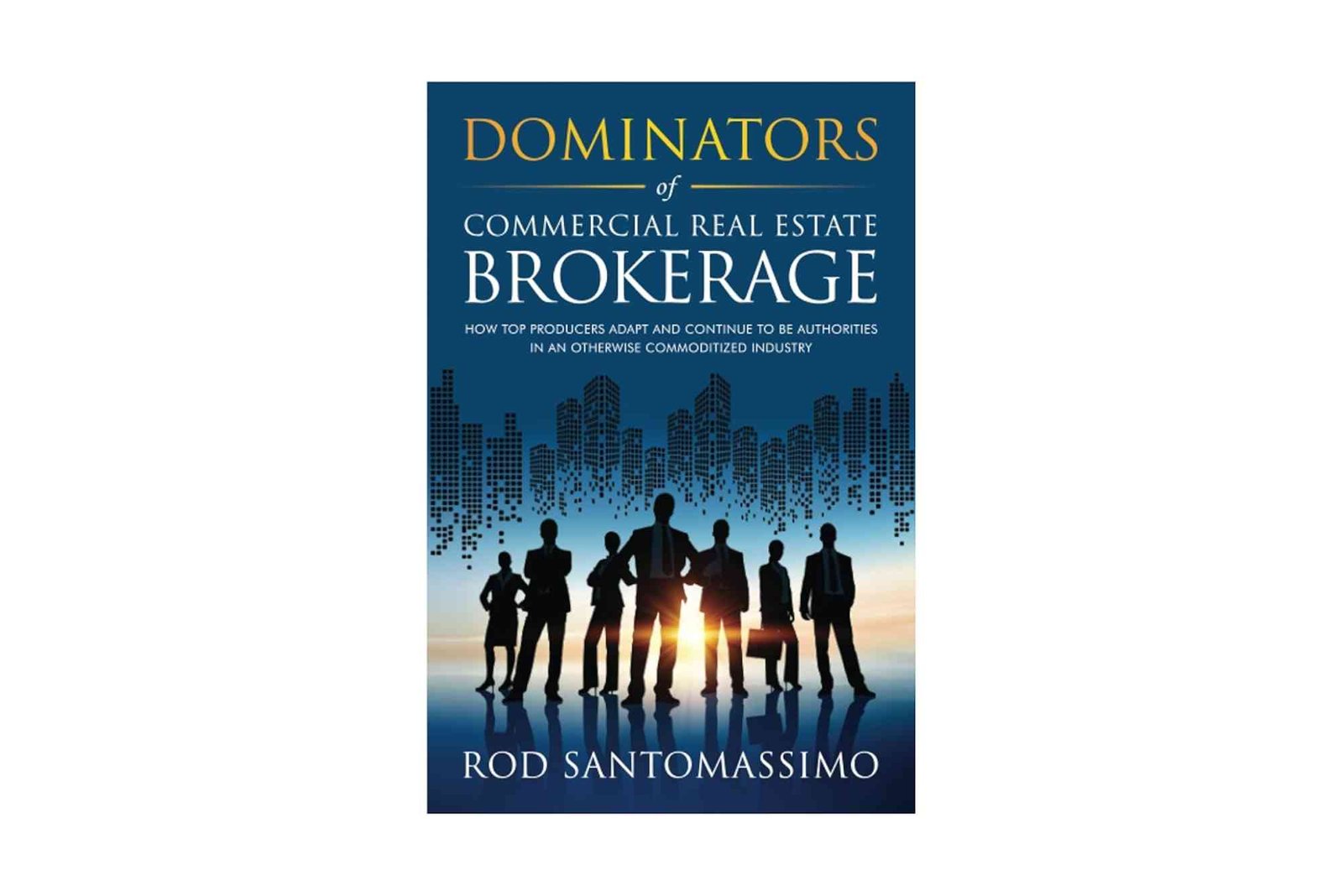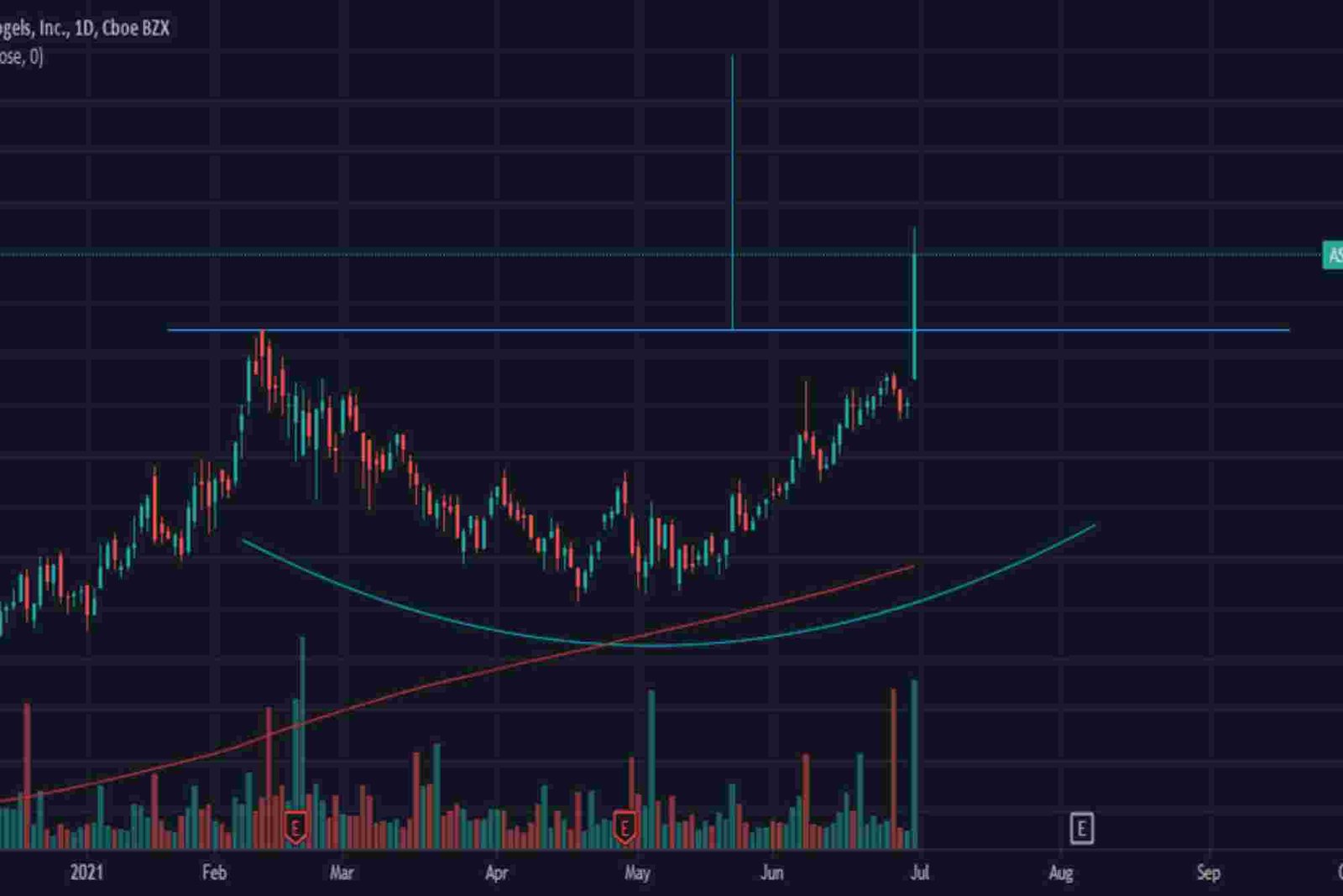Dominators Of Commercial Real Estate Brokerage — Practical Tips and Expert Advice
In today’s competitive real estate market, mastering commercial brokerage is both an art and a science. Whether you are an investor, a broker, or an entrepreneur seeking prime properties, understanding the strategies of top players is critical. This guide on Dominators Of Commercial Real Estate Brokerage — Practical Tips and Expert Advice reveals insights, practical steps, and expert advice that can elevate your success in commercial real estate.
Understanding Commercial Real Estate Brokerage
What Is Commercial Real Estate Brokerage?
Commercial real estate brokerage involves facilitating transactions for properties used for business purposes. Unlike residential real estate, it focuses on office buildings, retail spaces, industrial warehouses, and multifamily apartments. Brokers act as intermediaries between buyers, sellers, and investors, providing expertise, market knowledge, and negotiation skills.
Key Roles of a Commercial Broker
-
Market Analysis – Dominators constantly study market trends, supply-demand ratios, and economic indicators to advise clients accurately.
-
Property Valuation – Assessing the true value of a property ensures clients make informed investment decisions.
-
Transaction Management – Brokers oversee contracts, negotiations, and due diligence processes to prevent costly errors.
-
Relationship Building – Successful brokers maintain strong relationships with investors, developers, and financiers to access premium deals.
Traits of Dominators In Commercial Real Estate
Strategic Vision
Top brokers possess foresight, recognizing emerging markets and undervalued properties before the competition. They understand local zoning laws, urban development plans, and economic forecasts.
Negotiation Mastery
Commercial transactions are high-stakes. Dominators negotiate favorable lease terms, purchase agreements, and financing deals. Strong negotiation skills protect their clients’ interests and enhance profitability.
Adaptability
Markets change rapidly due to economic cycles, interest rate shifts, and urban growth. Leading brokers adapt strategies to remain profitable, whether in booming or declining markets.
Technology Utilization
Modern brokers use data analytics, CRM tools, and AI-driven platforms to streamline operations and gain a competitive edge. Embracing technology allows faster deal closures and better client service.
Practical Tips for Succeeding in Commercial Real Estate
Conduct Thorough Market Research
Understand the neighborhood, property types, and tenant demand. Monitoring vacancy rates and rental trends ensures smart investment decisions.
Build a Strong Network
Relationships are key. Attend industry events, connect with developers, and collaborate with legal and financial experts. Networking opens doors to off-market deals.
Focus on Client Needs
Listen to clients’ objectives and constraints. Tailoring solutions increases satisfaction, referrals, and long-term partnerships.
Leverage Online Resources
Utilize platforms that list commercial properties, market reports, and investment analysis. Understanding online tools helps identify opportunities faster. For guidance on lifestyle and market tools, see How To Find.
Understand Financial Fundamentals
Mastering commercial property financing, cash flow analysis, and ROI calculations is essential. Dominators evaluate risk and return precisely to advise clients confidently.
Common Mistakes to Avoid
Ignoring Due Diligence
Skipping inspections, zoning checks, or lease analysis can lead to costly mistakes. Always verify property documents and legal status.
Overlooking Market Trends
Failing to monitor economic cycles, industry shifts, or urban growth may result in poor investment decisions. Stay informed to remain competitive.
Poor Communication
Clear, consistent communication with clients and stakeholders is crucial. Miscommunication can derail deals and damage reputations.
Tools and Strategies for Dominators
CRM and Management Tools
Implementing CRM systems allows brokers to track leads, manage clients, and streamline communication efficiently.
Investment Analysis Software
Advanced tools help evaluate potential returns, compare properties, and simulate market scenarios to make informed decisions.
Legal and Contract Templates
Having standard, reviewed contracts accelerates transactions and ensures compliance. Consulting with legal experts prevents disputes.
Professional Development
Continuous learning through seminars, certifications, and online courses keeps brokers ahead in a competitive market.
Real-World Expert Advice
-
Specialize, Don’t Generalize – Focusing on a niche like retail spaces, office buildings, or industrial properties allows expertise and credibility.
-
Prioritize Relationships Over Transactions – Building trust leads to repeat business and high-value referrals.
-
Stay Patient and Persistent – Deals may take months or years. Dominators know the importance of patience in cultivating profitable transactions.
-
Embrace Technology, Not Replace Human Judgment – Tools aid decision-making but cannot replace industry intuition and personal insight.
How to Find High-Value Deals
Discovering profitable commercial properties requires research, networking, and experience. Brokers often explore off-market listings, distressed assets, or upcoming urban zones to secure opportunities. For guidance on lifestyle and investment tools, see How To Find A.
Case Studies of Dominators
Several leading brokerage firms demonstrate the principles of domination:
-
Cushman & Wakefield – Leveraging global networks to secure multi-million-dollar deals.
-
CBRE – Pioneering data-driven market insights for accurate client advice.
-
JLL – Integrating sustainability and technology to attract top-tier investors.
Becoming a dominator in commercial real estate brokerage requires strategic vision, expertise, and perseverance. By mastering market analysis, negotiation, and technology, brokers can secure profitable deals and build lasting client relationships. Apply the practical tips outlined here to elevate your commercial real estate career. Start today by refining your strategy, expanding your network, and leveraging modern tools.
For more insights into real estate and property investment strategies, explore a Related article on acrepairingdubai.com.
FAQ
What skills are essential for a commercial real estate broker?
Strong negotiation, market analysis, networking, and communication skills are critical. Technology literacy and adaptability also matter.
How can I start in commercial real estate brokerage?
Begin by obtaining the required licenses, building local market knowledge, and networking with experienced brokers.
How do top brokers find off-market properties?
They rely on deep networks, industry contacts, local developers, and market analysis to identify opportunities before they are publicly listed.
What are the most profitable commercial properties?
High-demand office spaces, retail locations in prime areas, and industrial warehouses typically yield strong returns.
How can I improve my chances of closing deals faster?
Provide accurate valuations, understand client needs, market listings effectively, and maintain consistent communication throughout the process.




